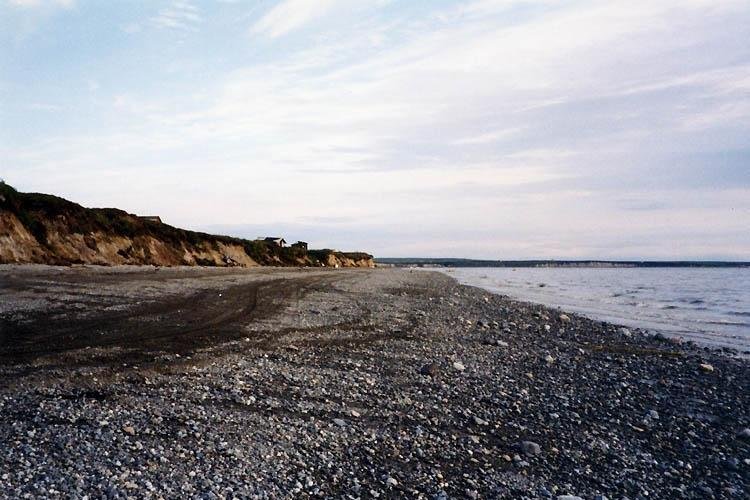
The U.S. Army Corps of Engineers on Wednesday rejected Pebble Limited Partnership's permit to build a mine in Alaska's Bristol Bay. Photo by Stan Shebs/Wikimedia Commons
Nov. 25 (UPI) -- The U.S. Army Corps of Engineers on Wednesday rejected a permit for the proposed, controversial Pebble Mine in Alaska.
The Corps' Alaska commander, Col. Damon Delarosa said that Pebble Limited Partnership's plan to deal with waste from the mine "does not comply with Clean Water Act guidelines" and that the project as proposed "is contrary to the public interest."
Delarosa said the decision was "based on all available facts and complies with existing laws and regulations," following analysis of the project and about three years of review.
The site of the proposed mine is located in a remote area in southwestern Alaska, which drains into the Bristol Bay, prompting opposition to the plan from activists and local fishing operations, as well as President Donald Trump's son, Donald Jr., and prominent Republicans.
In August, the Corps said the project -- which would be the largest gold and copper mine in North America -- has the potential to provide the creation of jobs and extraction of natural resources.
But, "as currently proposed, the project could have substantial environmental impacts within the unique Bristol Bay watershed and lacks adequate compensatory mitigation."
At the time, then-CEO Tom Collier, who since has resigned, said the company was "well into" an effort to present a mitigation plan.
Pebble said it plans to launch an appeal of Wednesday's decision within 60 days.
"One of the real tragedies of this decision is the loss of economic opportunities for people living in the area," Pebble CEO Joh Shively said. "A politically driven decision has taken away the hope that many had for a better life."
Joel Reynolds, a senior attorney for the Natural Resources Defense Council, said Wednesday's decision "speaks volumes about how bad this project is, how uniquely unacceptable it is."
"We've had to kill this project more than once and we're going to continue killing for as long as it takes to protect Bristol Bay," said Reynolds.
Sen. Dan Sullivan, R-Alaska, also said that the Army Corps "made the correct decision."
"Pebble had to meet a high bar so that we do not trade on resource for another," he said.
















